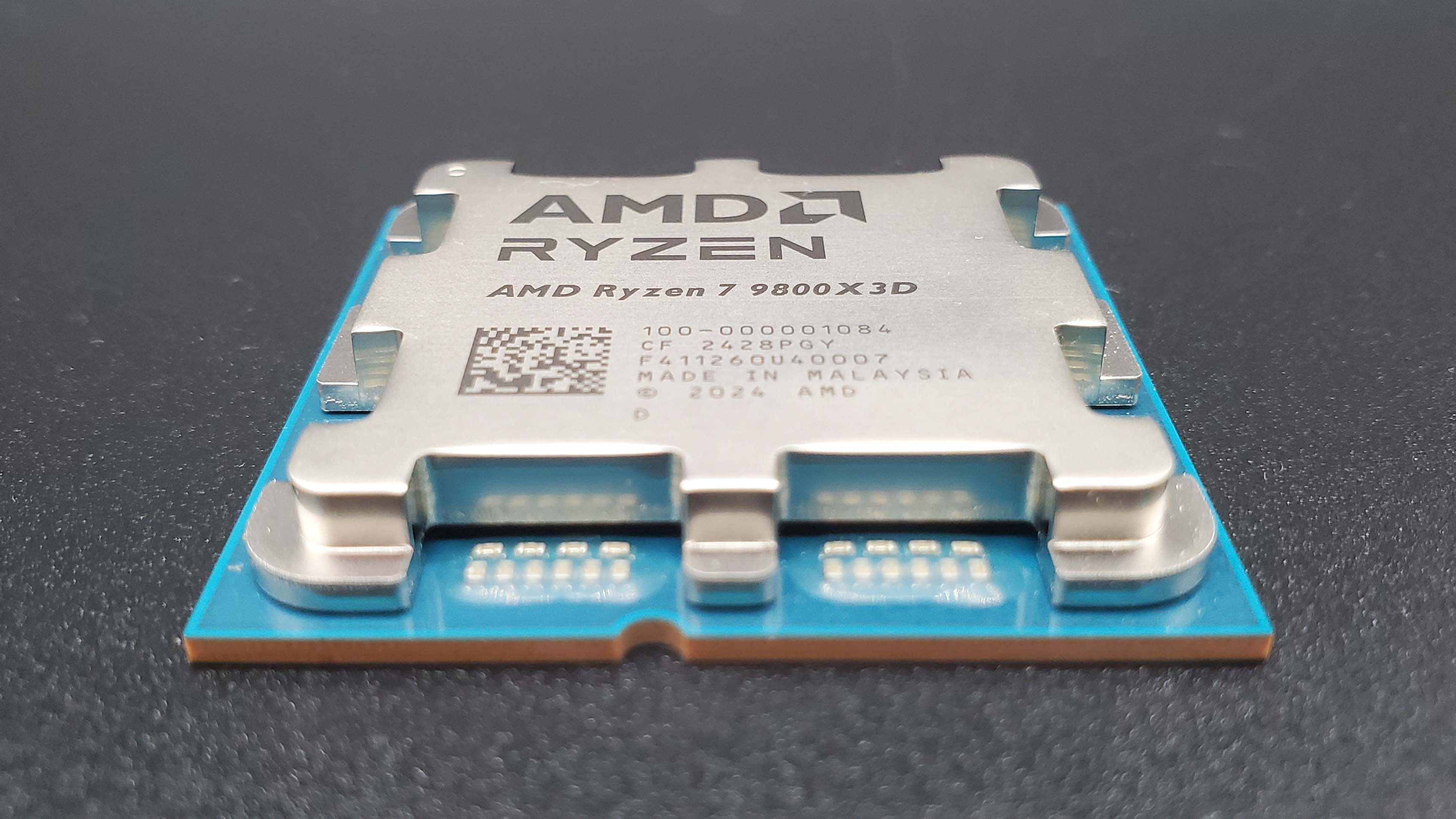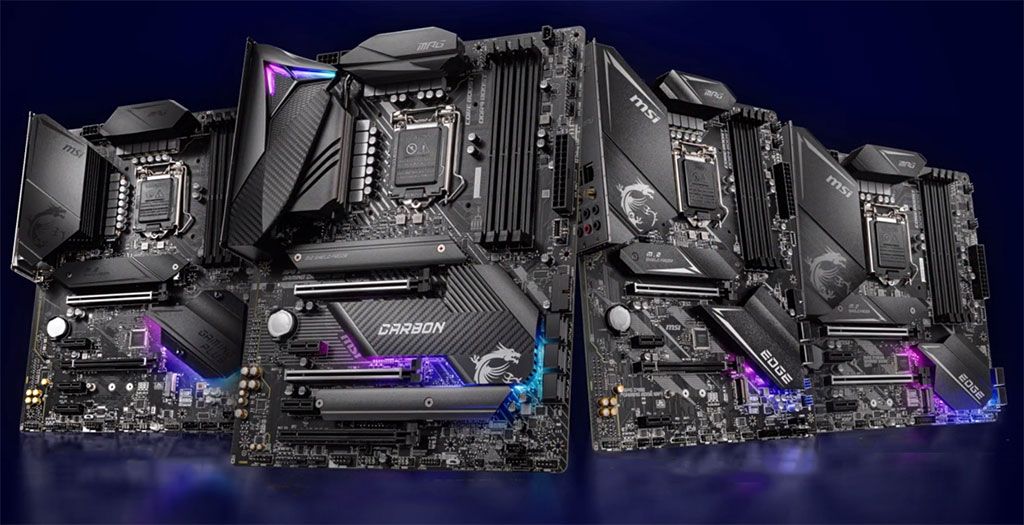
No more frazzles?
Among many other descriptors, we could arguably call the last year one of hardware being pushed to the point of failure—think Intel CPU crashes, melting RTX 50-series power cables, and dying AMD Ryzen 9000-series CPUs on certain motherboards. We already had explanations for the former two, and it now looks like we might have an explanation for the 9000-series deaths, too.
ASRock has apparently told Tech YouTuber Tech Yes City that these 9000-series fatalities were caused by PBO (Precision Boost Overdrive) being set too high. While the problems didn’t just seem to be occurring with ASRock boards, the majority did, so it’s relevant that ASRock is the company saying this.
As a reminder, we started hearing about these AMD Ryzen 9000-series CPU deaths, primarily on ASRock motherboards, early on in the year. At the time, ASRock said that reports of these deaths were “inconsistent” and issued a statement only about “boot issues and error codes,” not processor failures. A BIOS update to fix these “boot issues and error codes” was released.
Now, however, ASRock seems to be admitting there’s not only “inconsistency” to reports of CPU failures.
According to Tech Yes City, ASRock explains that the problem is with the amperage that the CPUs are being delivered by high-end ASRock boards. While the motherboard manufacturer says its EDC (Electrical Design Current) and TDC (Thermal Design Current) settings were within the range outlined by AMD, it claims the resulting amperage was too high for the CPUs and so it’s had to lower things somewhat.
Finally got answers to the asrock motherboard and 9000 series cpus dying situation. Everything I was told was here https://t.co/BRqVRJAP3mMay 26, 2025
PBO is a technology built into AMD processors that allows for automatic dynamic adjustment of power, voltage, and clock speed, based on temperature headroom and other such metrics. Just how much PBO pushes the chip can vary depending on motherboard current limits, and ASRock seems to be claiming that these limits were set too high in its high-end 9000-series motherboards despite the limits being within the range that AMD provided.
The solution, ASRock tells Tech Yes City, is to set these current limits to lower levels to match motherboards from other manufacturers such as MSI, Asus, and Gigabyte.
Tech Yes City had previously suggested that Ryzen CPUs were dying due to voltage spikes. ASRock motherboard amperage was actually lower than competitors’ in their testing, but it was spiking higher.
Best gaming motherboard: the best boards around
Best AMD motherboard: your new Ryzen’s new home
Whether this is AMD’s fault or ASRock’s is hard to say. On the one hand, if it’s true that ASRock was operating within the limits AMD had set out, it’s hard to put all the blame on the motherboard manufacturer. AMD has already said on the issue that it believes its chips are not dying, and in fact were no longer functioning due to memory incompatibility issues.
On the other hand, if other motherboard makers were already operating under lower limits that didn’t cause these problems, it must make us wonder whether ASRock could and should have known to do the same from the start.
Whatever the case, ASRock is apparently rolling out a BIOS update to fix the overly aggressive PBO limits. So, if you have a high-end 9000-series ASRock board, you should probably get downloading.
What isn’t yet clear is whether a processor that has already been used extensively within an affected motherboard will be permanently damaged or not. That was the case with Intel’s 13/14th Gen CPUs, which had to be replaced entirely. This matters not only for the short-term, but in the long-term. If any chip were to break down the line, outside of warranty, who is liable to replace it, AMD or ASRock? Is there an easy way to prove the damage, if any exists, to a chip from the motherboard?
Futher clarification on what this means for customers from both AMD and ASRock feels like an important next step.





